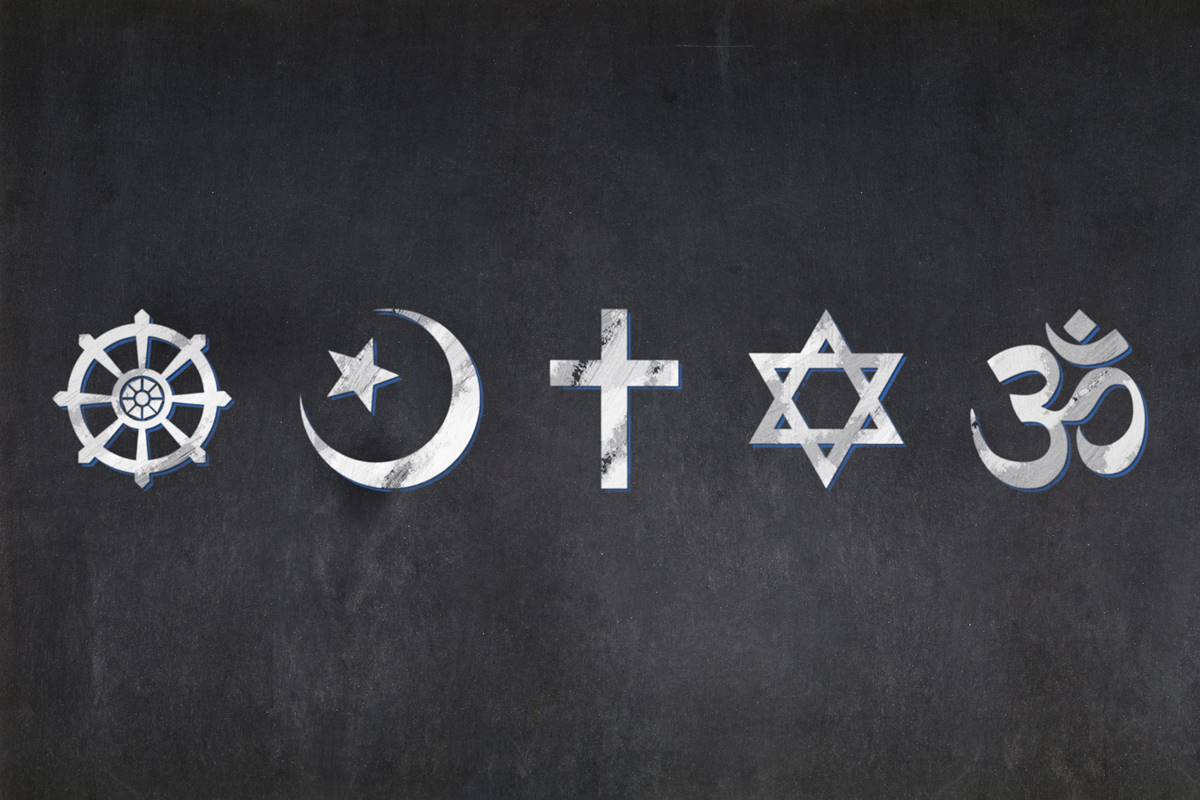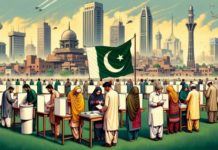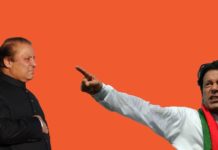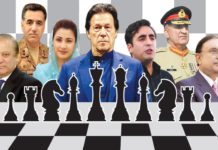The Supreme Court of Bangladesh, on January 3, not only bucked an apparently prevalent trend in the Muslim world, but also dismissed a stereotype: Islam’s incompatibility with secular democracy. By ordering a ban on the abuse of religion for political purposes, the court paved the way for a secular Bangladesh as envisaged in the constitution framed by the country’s founding fathers back in 1972.
Bangladesh was once East Pakistan, a province that commanded numerical majority in Pakistan. From the point of view of the feudalist ruling elite from Punjab, East Pakistan was swayed by dangerous ideas such as socialism, anti-imperialism and secularism. Therefore, the feudal elite, with the Bengali majority in mind, feared democracy, as it would not merely put an end to their rule, but would have caused great damage to feudalism itself. Also, the two parts could have been held together through democracy, but that would have endangered the rule of the feudal lords. Instead, to justify their continued role, they employed religion to cement the provinces together. However, they were unable to stem democratic aspirations.
In 1968 a mass movement unified both wings of the country and humbled the first military dictator. The 1970 general election resulted in a simple majority for the Awami League from East Pakistan. However, the election results were invalidated and a military operation was launched. East Pakistan decided to resist. While Washington lavishly backed the military operation launched from West Pakistan, India and the USSR, for their own reasons, egged on liberation forces in East Pakistan. The struggle resulted in the formation of Bangladesh.
Within a year’s time, Bangladesh framed its constitution on four cardinal principles: secularism, nationalism, socialism and democracy. Feudalism was abolished. Bangladesh, after Turkey and Tunis, emerged as the third major Muslim country to officially embrace secularism. The nascent country oriented its foreign policy toward the USSR.
The fact that the Soviets commanded great influence in the newly formed country annoyed Washington and a military coup was engineered. Sheikh Mujib, along with his family, was assassinated on August 15, 1975. His daughters Rehana and Hasina were the only members of Mujib’s family to have survived because they were abroad at that time.
Sheikh Mujib’s assassination triggered a series of coups and counter-coups, from August 15 to November 7, 1975. Sheikh Mujib’s successor, Moshtaque Khondkar, in the proclamation of martial law issued on August 20, 1975, announced Islamisation in Bangladesh.
Later, Mushtaque handed over the presidency to Chief Justice Abu Sadat Mohammad Sayem, who was also the chief martial law administrator. Consolidating his position through martial law proclamations, Sayem deleted secularism from the country’s constitution. Religion became one of the principles of state policy. Similarly, Bangali nationalism was replaced with Bangladeshi nationalism. The constitutional ban on religion-based politics was also lifted, allowing Jamaat-e-Islami and other theocratic parties to resume their political activities.
Although it is hardly mentioned in official history of that period, the sepoy rebellion on November 7, 1975 deserves a special mention. Led by Jatyo Samajtantrik Dal (JSD), through its military wing Biplobi Gono Bahini (Revolutionary People’s Army), the sepoys mutinied and captured state power. Inspired by a Stalinist two-stage theory of revolution, JSD leadership offered power to the then military chief, General Zia who emerged as the de facto ruler of the country. According to their Stalinist theory, Ziaur Rehman represented the progressive national bourgeoisie, the force that was needed to develop the country before the working class could take power and build socialism.
Zia’s first act was to pay a visit to the US embassy in Dacca and to come to an understanding with Washington. Colonel Abu Tahir, one of the leaders of the sepoy rebellion, was hanged on July 21, 1976 and a process was initiated to reverse the Mujib era policies. Among the first casualties was the country’s secular identity. The US-backed scoundrels invoked the mantle of religion to justify their illegal regime.
Sayem handed over his office, in the national interest, to Zia on November 26, 1976. Ziaur Rehman indemnified his illegal takeover of power as well as all other events that took place between August 15, 1975 and April 9, 1979, by passing the fifth amendment to the constitution through a parliament resembling Pakistan’s National Assembly elected in 1985. This amendment ratified hundreds of martial law proclamations including de-secularisation of the constitution.
After Ziaur Rehman’s assassination at the hands of junior army officers, General Ershad took over, declaring martial law on March 24, 1982. Having suspended the constitution, Ershad followed in Zia’s footsteps. He also passed the seventh amendment to the constitution in 1986 to indemnify his takeover and subsequent actions. Through the eighth amendment (sounds familiar to Pakistani ears!), Ershad pushed the state further onto the path of Islamisation by making Islam the state religion.

However, a militant democratic movement caught hold of the country in the late 80s. The military rule came to an end and democracy was restored in 1991. Five years later the Awami League came to power again and scrapped the Indemnity Ordinance, paving the way for the trial of Mujib’s killers. Five of them were hanged on January 7.
In a landmark verdict in 2005, the high court declared the fifth amendment to the constitution illegal. The court observed: Secularism means both religious tolerance as well as religious freedom. The state must not be seen to favour any particular religion, rather, it should ensure protection to the followers of all faiths without any discrimination, including even to an atheist.
It condemned the military’s efforts to use the constitution in a bid to transform the secular Bangladesh into a theocracy. The Bangladesh National Party (BNP), led by Ziaur Rehman’s widow Khalida Zia, challenged the ruling and a stay was granted. On January 3, the stay was vacated.
The court’s lifting of the stay brings Article 38 back into force. This article bans the use of religion or the pursuit of communal activities. As a result, dozens of Islamic political parties can no longer campaign under the banner of religion and most likely they will be forced to drop religious references from their names.
During the Cold War any state that attempted to embrace democracy and secularism in the Muslim world was subjected to imperialist subversion. Almost anywhere secular nationalist or left forces were decimated, fundamentalists came to the helm. Ironically, the two Muslim countries, Iraq and Afghanistan, when democratised by an invading empire, were provided with constitutions replete with religious references. Yet before the US-imposed democracy, Iraq was a secular country.
In an age when fundamentalism is brewing, the Bangladeshi Supreme Court’s decision is very important and this example, if allowed to flower, may provide secularism with a chance to root itself in the Muslim world.








